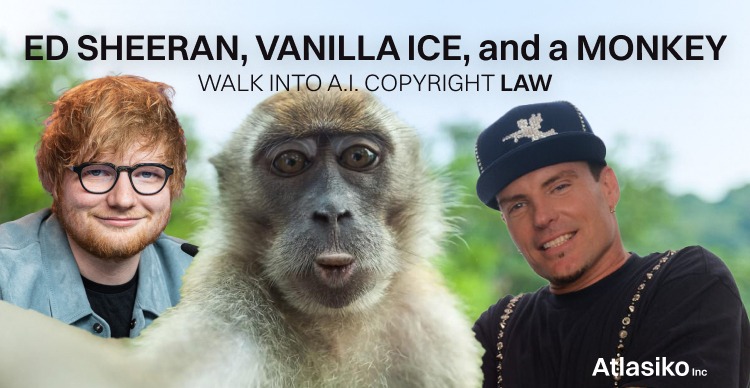In today's fast-paced world, experienced users and newbies alike strive to take advantage of artificial intelligence technology. Government officials and lawyers worldwide clearly don’t want to fall behind seeing AI as an opportunity to expand their power, especially in the sphere of copyright ownership. However, embracing overly strict copyright regulations towards the use of AI can damage the USA's leadership position in the tech revolution. Many specialists believe that existing copyright law adequately addresses the concerns associated with artificial intelligence which was proved over in a number of cases.
In the United States, Vice President Kamala Harris is set to lead the way in establishing this new, strict framework to control AI. Such an intervention now raises questions about whether the government is overreaching and uses AI systems to its advantage, censoring speech governors deemed "disinformation".
The demand for stronger regulations isn't just America's thing. European regulators also seek ways to expand copyright law for better protection of copyrighted content used by AI.
Even though it's true that the development of AI needs more control, it mostly regards other issues like the security of data or protection from fraud and scammers. Creating a new legal framework for AI-generated content can significantly slow down progress and minimize the potential benefits of the current tech revolution. Moreover, there is proof that the existing copyright law is rather efficient and resolves any ownership debates, and supports creativity with generative AI technology.
The perfect examples of how the existing copyright law effectively resolves concerns arising from AI are cases involving Ed Sheeran, Vanilla Ice, and a monkey.
For instance, just a week ago Sheeran successfully won a copyright lawsuit, defending his song “Thinking Out Loud” which was thought to infringe on Marvin Gaye’s copyright.
Laws that helped Ed Sheeran to win were put into action long before AI. In the 1990s Vanilla Ice faced questions about sampling another song “Under Pressure” for his hit “Ice Ice Baby”. Then the case brought many important issues to the surface e.g. which element is new and which is borrowed if the chords can be versatile. This argument simplified the evaluation of AI-generated content as it is fully created from existing resources.
Another interesting case was caused by a couple of selfies taken by a monkey named Naruto. In 2011, the animal stole a camera from a photographer and decided to make a little photo shoot of itself. It seems that the results were great because the photographer published them but faced a lawsuit from the People for the Ethical Treatment of Animals afterward. They claimed that the photographer shouldn’t have published the photos as they belong to the author – the monkey! Of course, the case was won by the photographer. Despite the absurdity of the situation, this particular lawsuit established crucial criteria for the evaluation of AI-generated content – only humans can claim copyright protection which excludes AI systems from under the law action.
As a result, lawmakers should recognize that AI-generated content lacks copyright protection without human involvement, aligning with the U.S. Copyright Office's stance. AI algorithms rely only on existing data, akin to sampling in music. They can’t create content that should be put under copyright as everything AI produces isn’t original.
To encourage innovation, the law should allow limited use of copyrighted material in AI-created works, adopting the doctrine of fair use for commentary, criticism, or parody without permission. This again calls for responsible AI development which also provides safeguards for users and the content.
Overall, existing copyright law, as exemplified by cases involving Sheeran, Vanilla Ice, and a monkey, can adapt to novel situations and technologies, avoiding unnecessary legislation and fostering creativity and AI solutions innovation.







